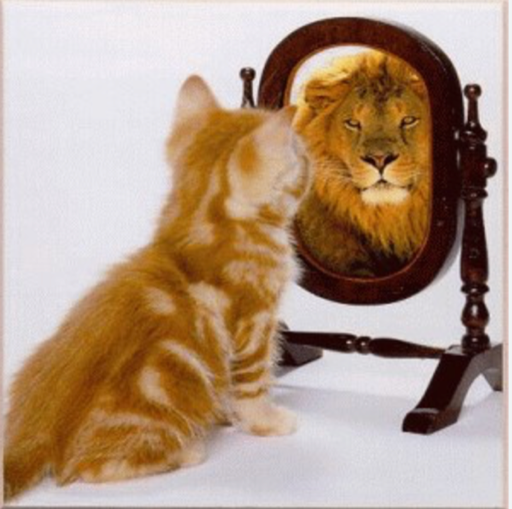Today it is almost unacceptable to acknowledge that we judge others. If you look up quotes on judgement the implications are that it is wrong, or shameful and sinful. However, no amount of moral rhetoric rises above out natural instincts to judge others almost without thinking. Judgement is not to be denied; it is to be understood.
• The primitive reason for judging others is to decide if they are friend or foe, but of course we are also influenced by social norms, personal experiences and psychological biases.
• It can take as little as a tenth of a second to form a first impression of someone and seven seconds to form a solid impression of that person.
• Once we have judged another, it is difficult for us to change our position.
I am not suggesting that we can’t delay judgement, or we can’t change our views. What I am suggesting is a self-reflection on how we would like others to judge us. That may give us more insight into our own behaviours.
In my Executive Coaching practice, I often ask two questions to help provide such insight:
1. How would you like to be judged by others in your role?
The focus is on their leadership role but it can be asked of us in any aspect of our life, such as in a role of parent or friend.
2. Is your behaviour consistent with how you would wish to be judged?
We don’t really know how others judge us at any one time and some people’s immediate reaction is I don’t care how others may judge me. This is not the point of the exercise.
Rather, it helps provide us with insights into ourselves, and it may give us an opportunity to reflect and challenge our behaviours to ensure that they are consistent with our self-beliefs
Example:
One leader said in response to this question that they would want others to judge them as a leader who was focused on achieving successful business outcomes, was collaborative in their approach and valued honest communication by subordinates to ensure correct decisions were made.
The follow up question asked him to reflect on the last month at work and ask if his behaviours were consistent with how he would like to be judged by others. Without going into too much detail, there were several light bulb moments. He realised it was only when he wasn’t stressed that his behaviour was consistent. Action was required to manage his stress.
It sounds easy. Ask a few questions and a light bulb goes on and, abracadabra: insights emerge and blind spots are resolved. However, it is not that easy. As we are often poor at judging others and not skilled at judging our own motives or behaviours. Contributing factors for this may be:
• Most of us rationalise our behaviour to suit our personal view of the world.
• The stronger the relationship, the more likely you think you know how others judge you. That is often a false assumption.
• Our reflections often reinforce our beliefs.
Irrespective, these two questions can be a valuable tool when you cannot understand why there is a disconnect, or there is a conflict in a relationship or you’re just checking in with yourself as a part of self-reflection.
The reason that this is important is because you cannot change anyone else’s behaviour. You can only change your own. And the first step to achieving that is to understand what behaviours you may or may not wish to change.
In this pursuit, this tool may prove to be useful.

